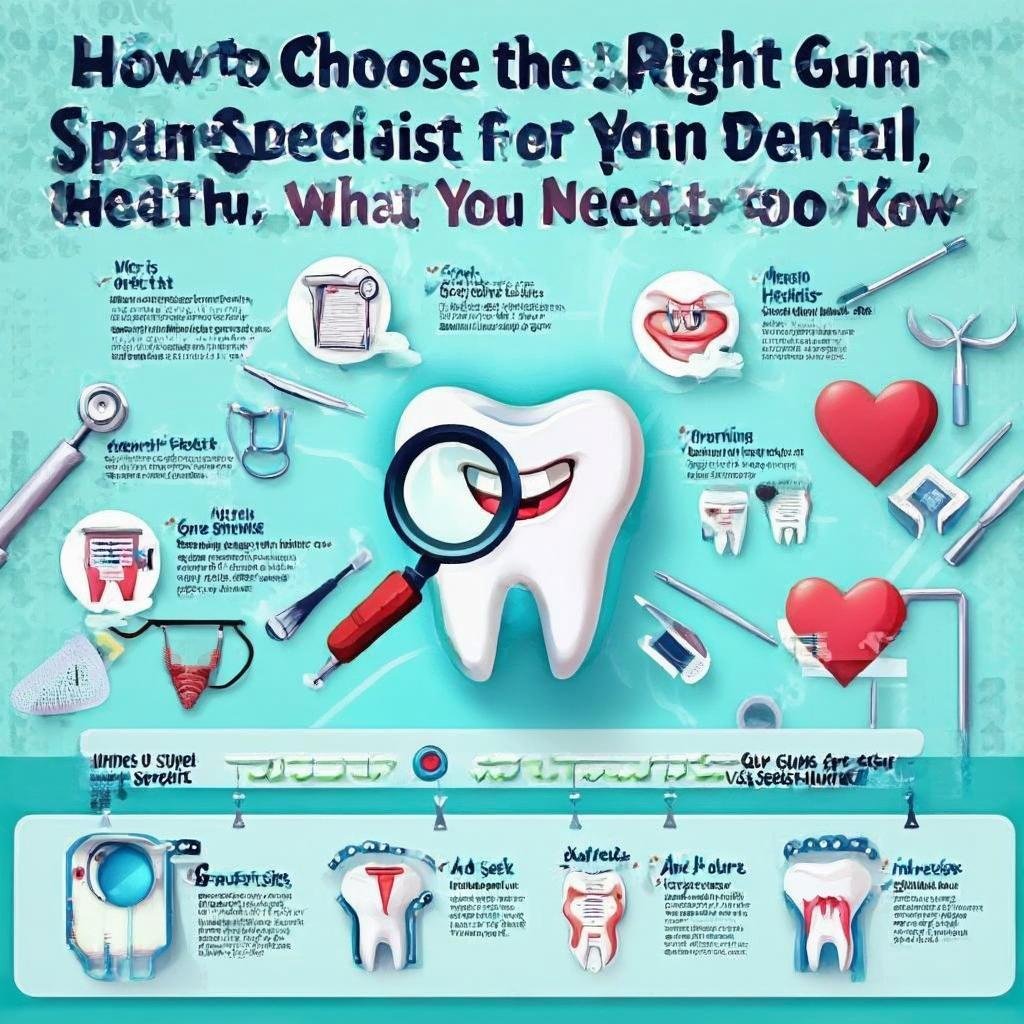Discover expert tips for finding the best periodontist near you, learn about gum disease treatment options, and explore cost-effective solutions for periodontal care. This guide answers top patient questions with actionable advice.
What Does a Periodontist Do and When Should You See One
Many people wonder: “How is a gum specialist different from my regular dentist?” While dentists handle general oral health, periodontists focus specifically on gum diseases and dental implants. If you notice bleeding gums, persistent bad breath, or teeth that feel loose, it’s time to consult a specialist.
Real-life case: Sarah, 34, ignored her receding gums until chewing became painful. Her dentist referred her to a periodontist who diagnosed advanced periodontitis. Through scaling and root planing treatment, she regained gum health within 3 months.
Top 5 Signs You Need Immediate Gum Disease Treatment
1. Gums that bleed during brushing
2. Teeth appearing longer due to receding gums
3. Pus between teeth and gums
4. Chronic metallic taste
5. New gaps between teeth
Affordable solutions exist for every budget. Many clinics now offer payment plans for periodontal surgery, while dental schools often provide low-cost treatment options supervised by licensed professionals.
Non-Surgical Solutions for Early Stage Gum Problems
For those catching issues early, laser gum therapy has become a game-changer. This minimally invasive procedure removes infected tissue while promoting regeneration. Unlike traditional surgery, patients typically resume normal activities the same day.
Success story: Mike avoided gum graft surgery through a combination of antimicrobial rinses and customized oral hygiene coaching from his periodontist. His gum pockets reduced from 6mm to 3mm in 8 weeks.
FAQs About Periodontal Care
Q: How often should I see a gum specialist?
A: Most patients need annual checkups after initial treatment
Q: Does insurance cover gum disease treatment?
A: Most plans cover 50-80% of basic procedures
Q: Are electric toothbrushes better for gum health?
A: Studies show they remove 21% more plaque than manual brushing

